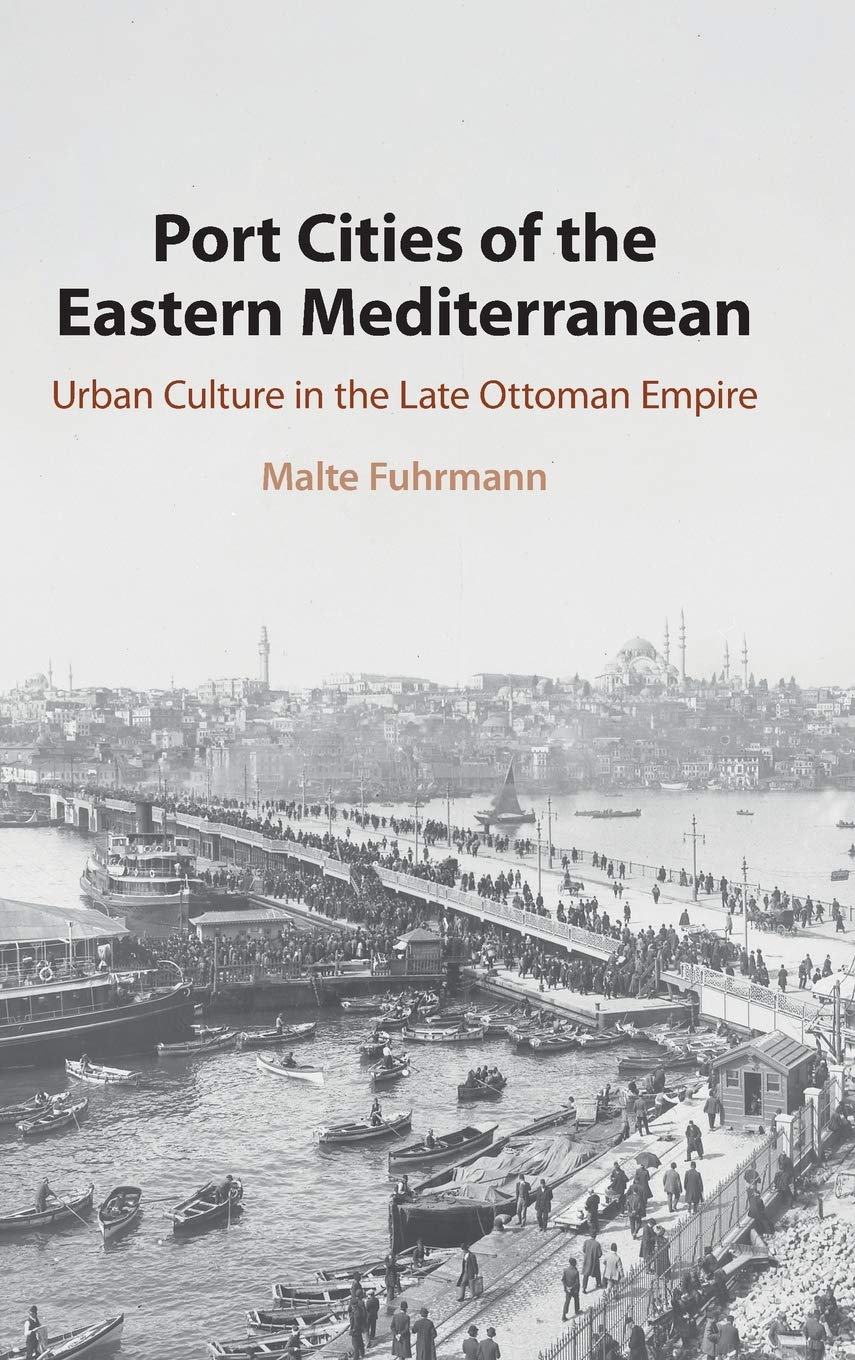Cambridge University Press, October 2020
“Eastern Mediterranean port cities, such as Constantinople, Smyrna, and Salonica, have long been sites of fascination. Known for their vibrant and diverse populations, the dynamism of their economic and cultural exchanges, and their form of relatively peaceful co-existence in a turbulent age, many would label them as models of cosmopolitanism. In this study, Malte Fuhrmann examines changes in the histories of space, consumption, and identities in the nineteenth and early twentieth century while the Mediterranean became a zone of influence for European powers. Giving voice to the port cities’ forgotten inhabitants, Fuhrmann explores how their urban populations adapted to European practices, how entertainment became a marker of a Europeanized way of life, and consuming beer celebrated innovation, cosmopolitanism and mixed gender sociability. At the same time, these adaptations to a European way of life were modified according to local needs, as was the case for the new quays, streets, and buildings. Revisiting leisure practises as well as the formation of class, gender, and national identities, Fuhrmann offers an alternative view on the relationship between the Islamic World and Europe.”
Table of Contents
1. Introduction
2. Constructing Europe: spatial relations of power in Eastern Mediterranean cities
3. The city’s new pleasures
4. Identities on the Mediterranean shore: between experiment and restriction
5. The end of the European dream
6. Europe and the Eastern Mediterranean revisited.
Malte Fuhrmann, Leibniz-Zentrum Moderner Orient (ZMO)
Malte Fuhrmann is a research fellow at the Leibniz-Zentrum Moderner Orient (ZMO). Having spent many years doing research and teaching in Istanbul, he is the author of Imagining a German Orient: Two German Colonies in the Ottoman Empire 1851–1918 (2006, in German) and co-editor of The City in the Ottoman Empire: Migration and the Making of Urban Modernity (2011) with Ulrike Freitag, Nora Lafi, and Florian Riedler.

